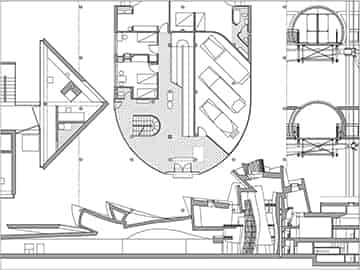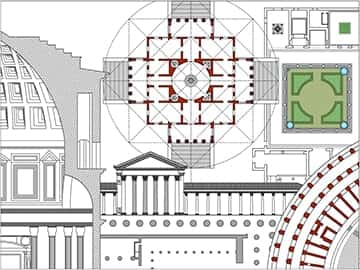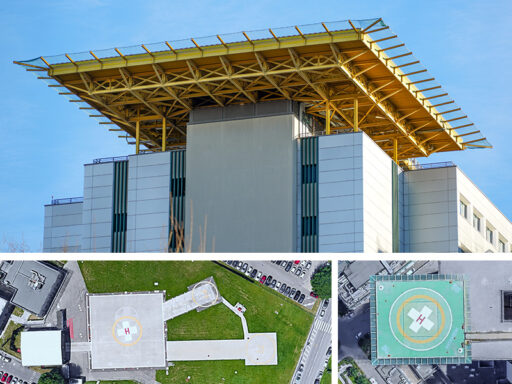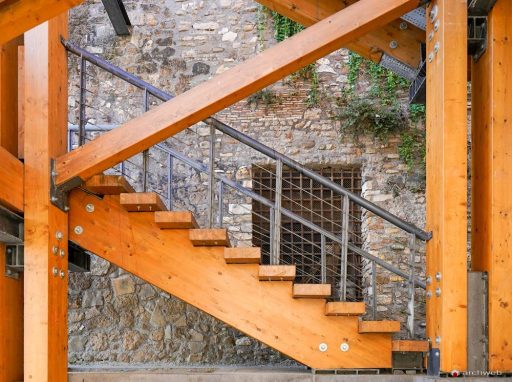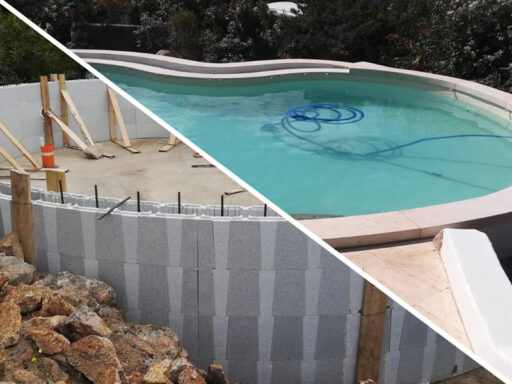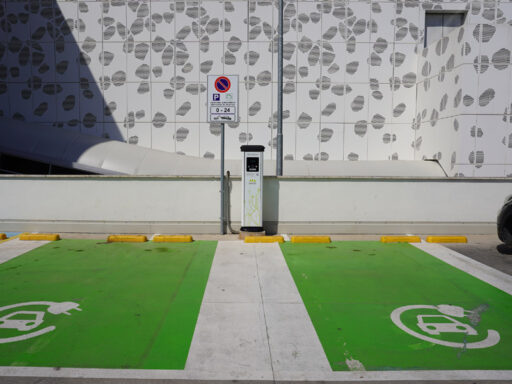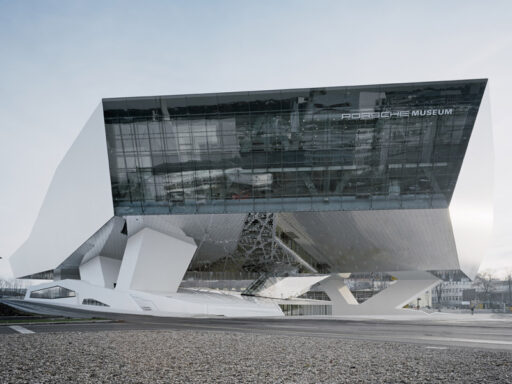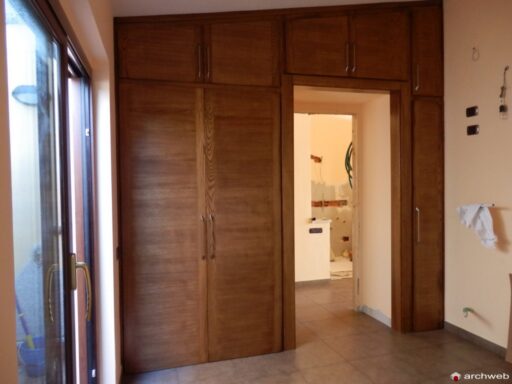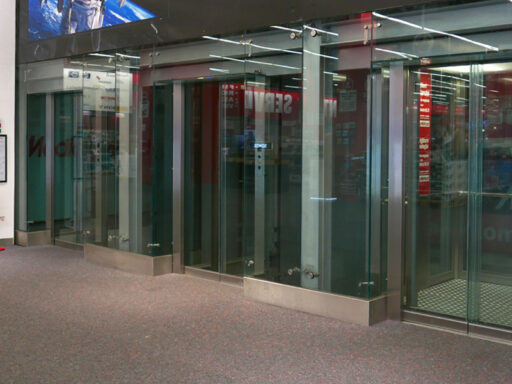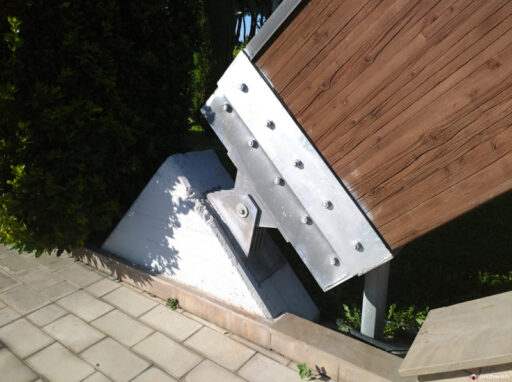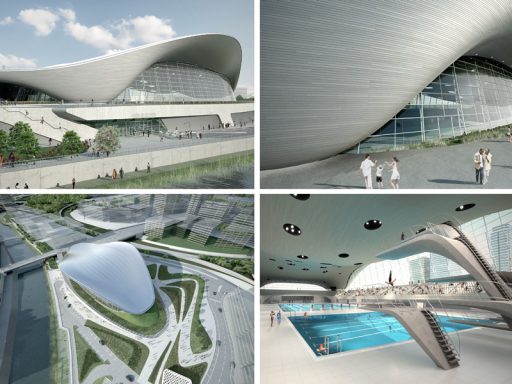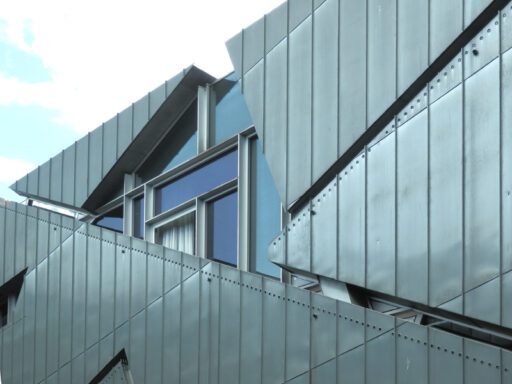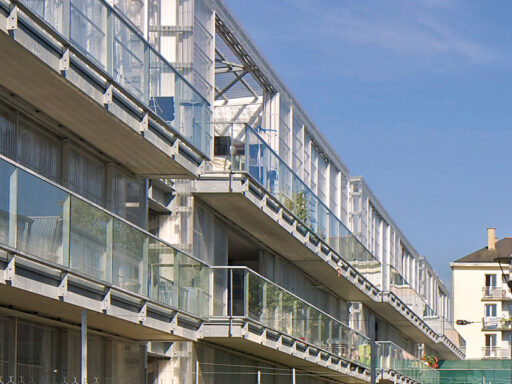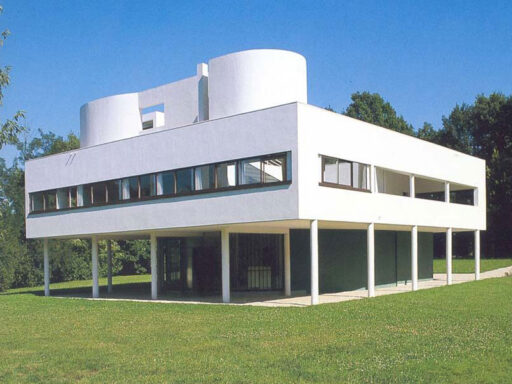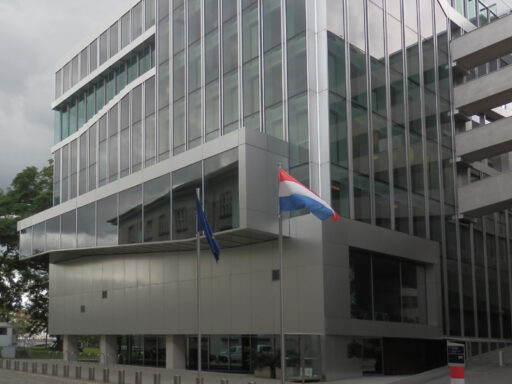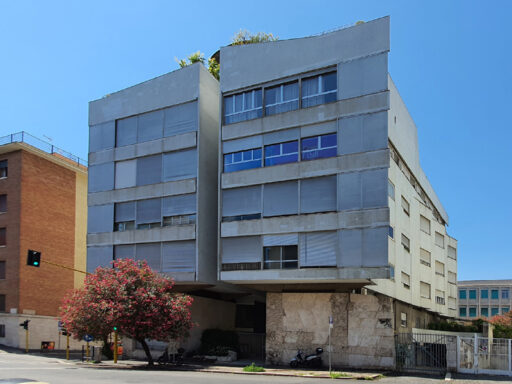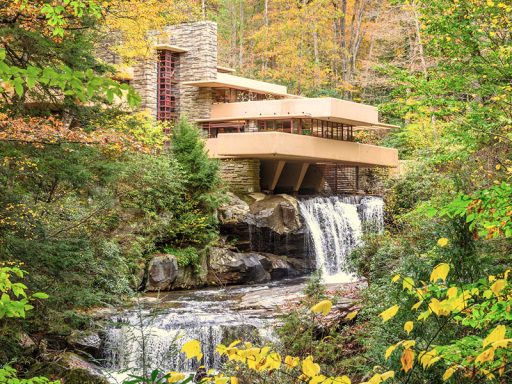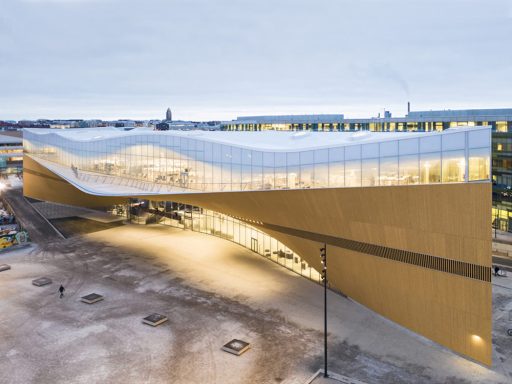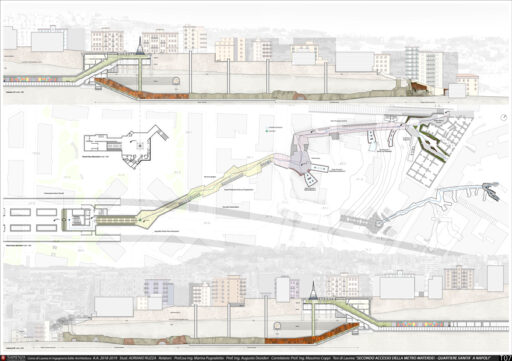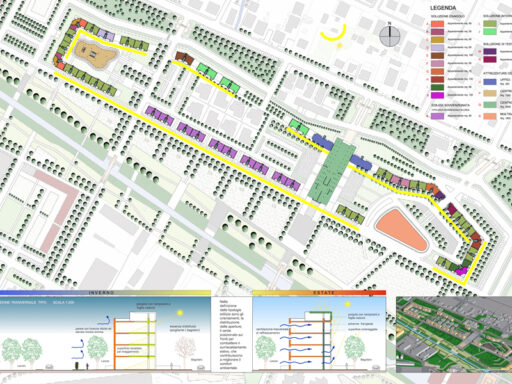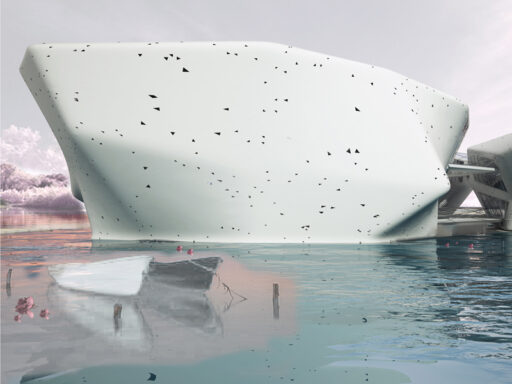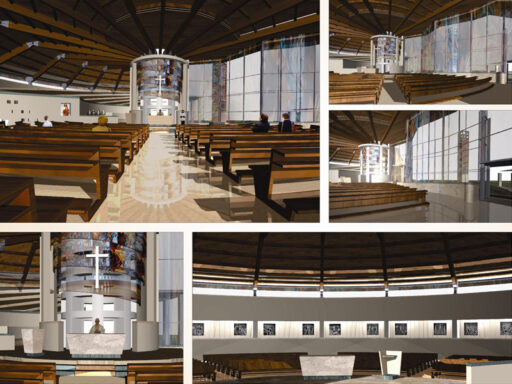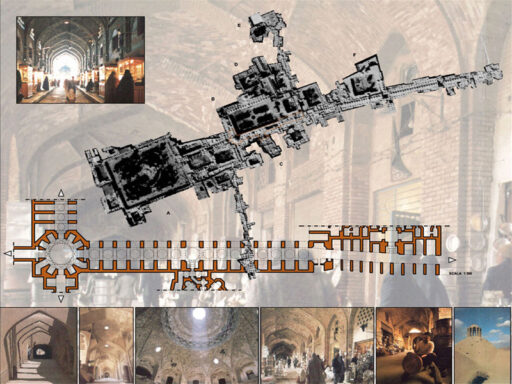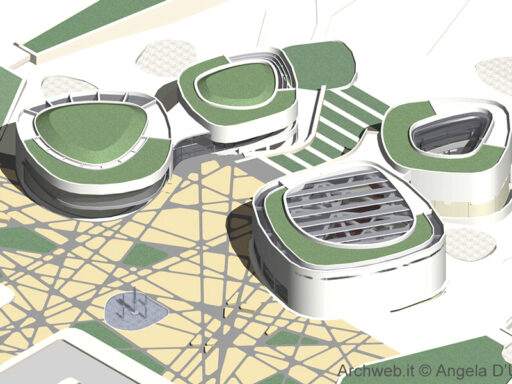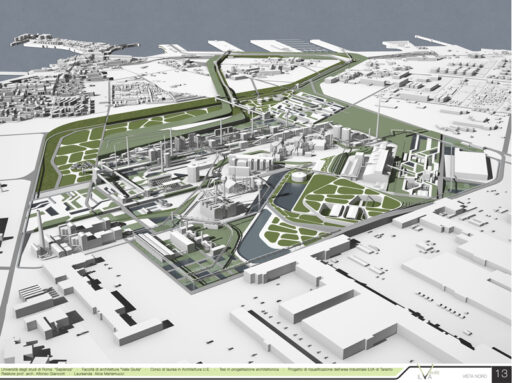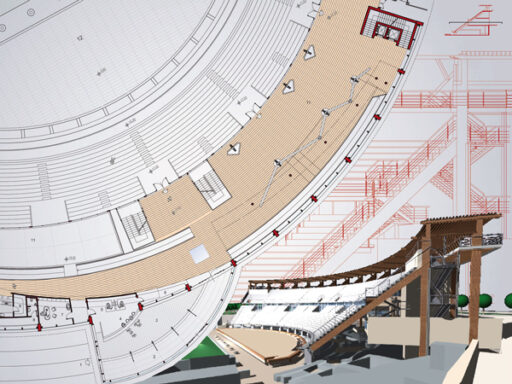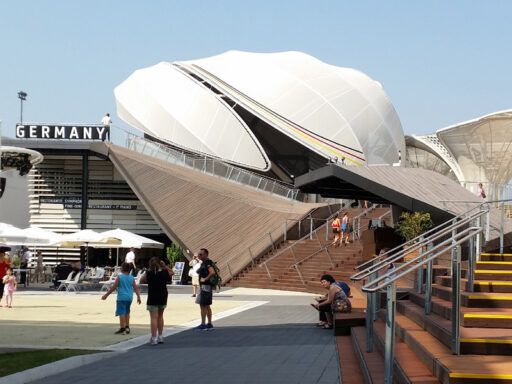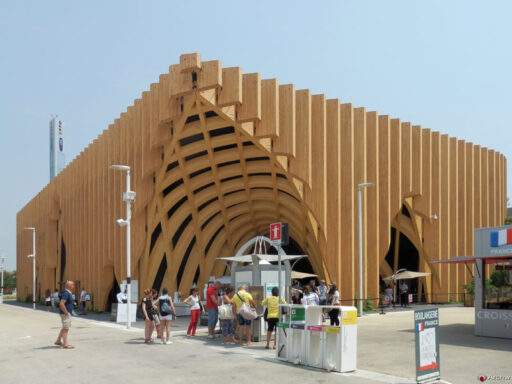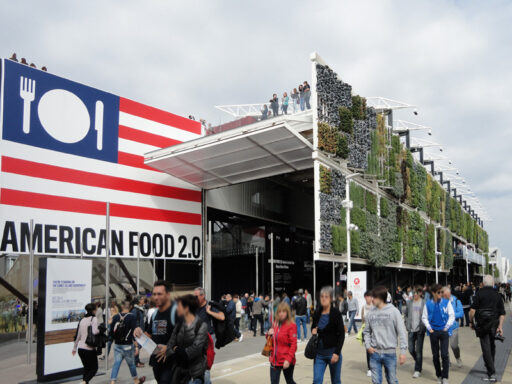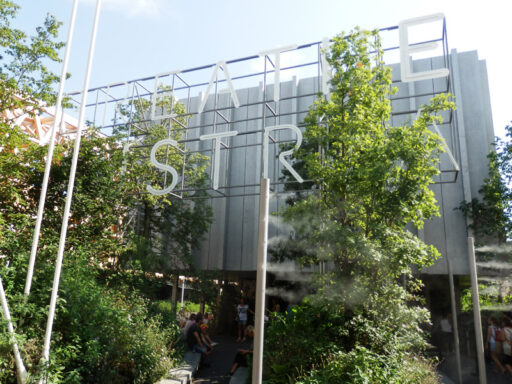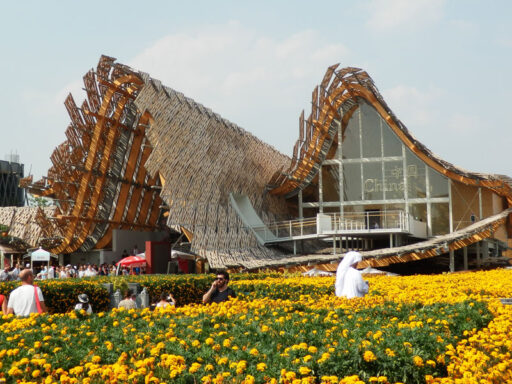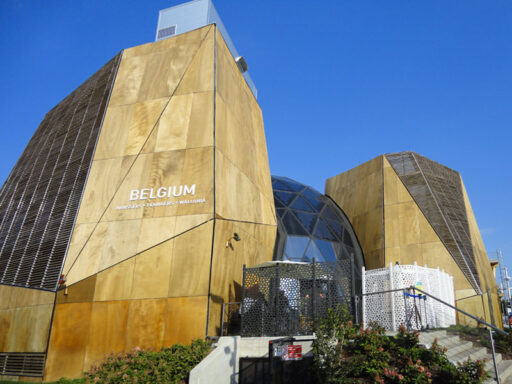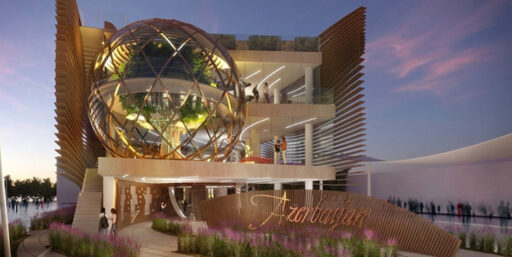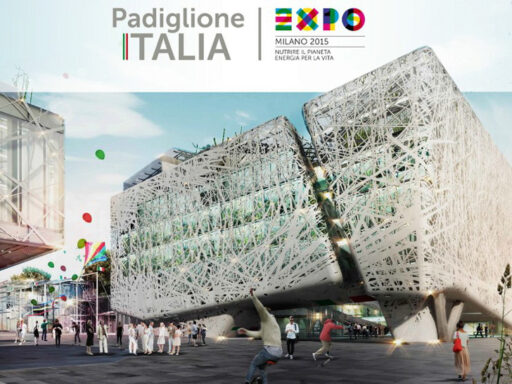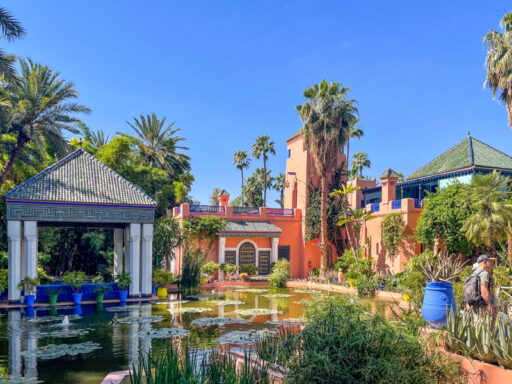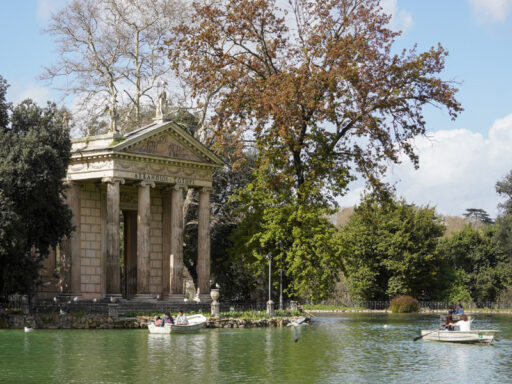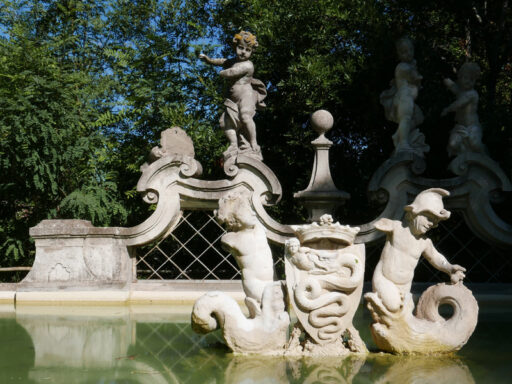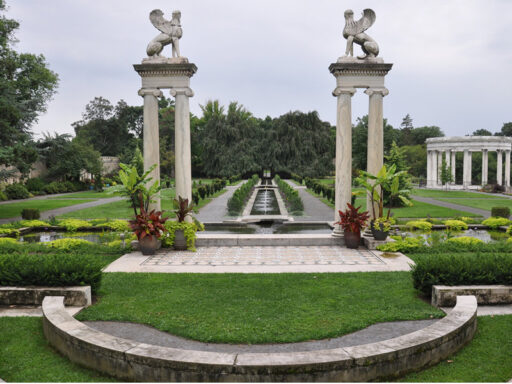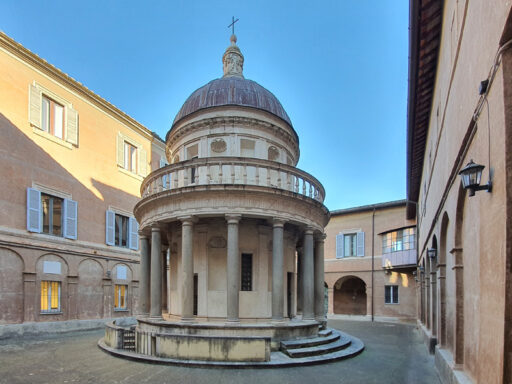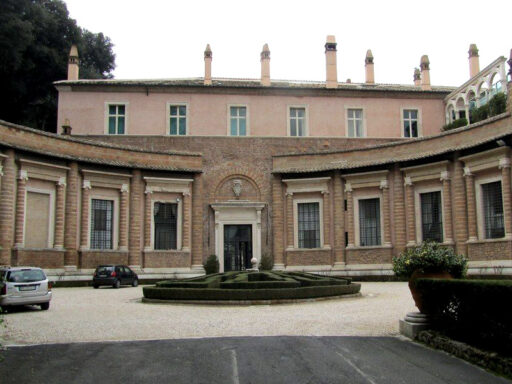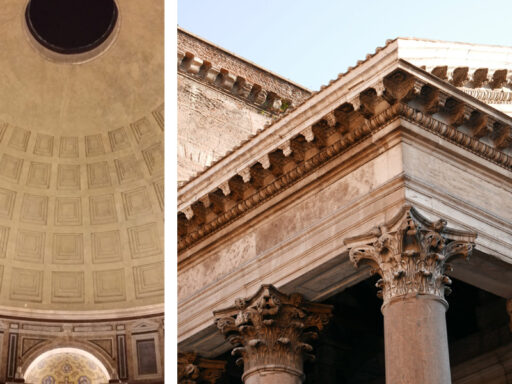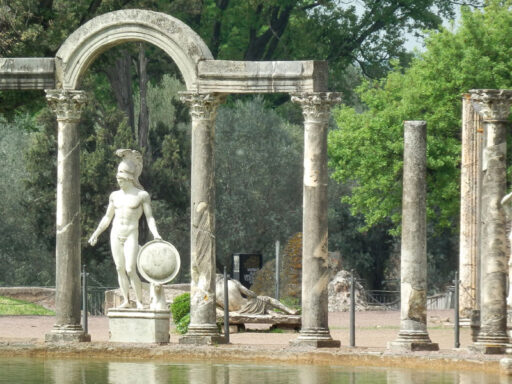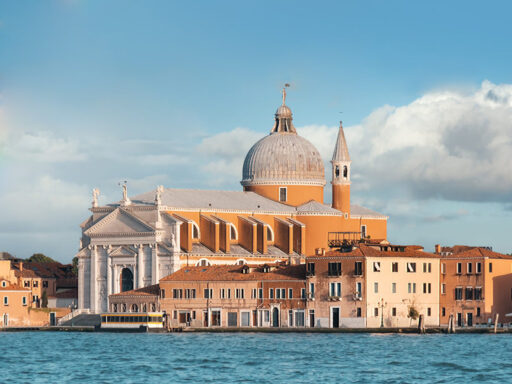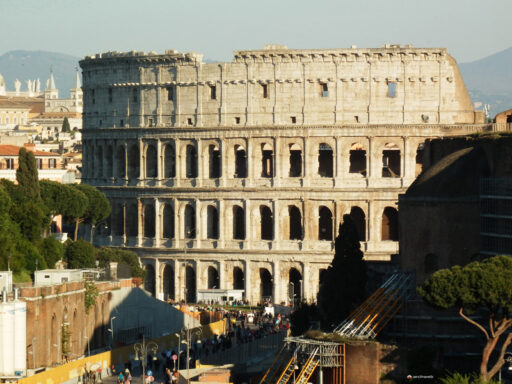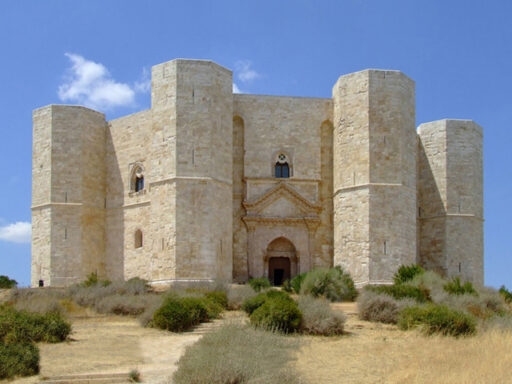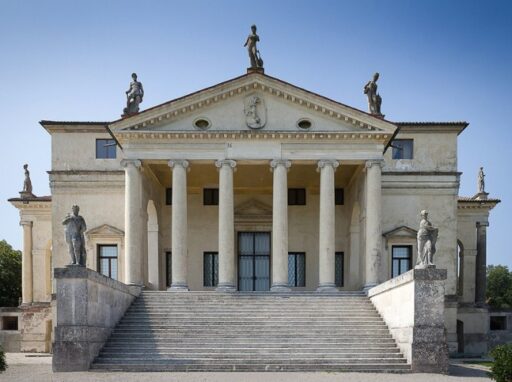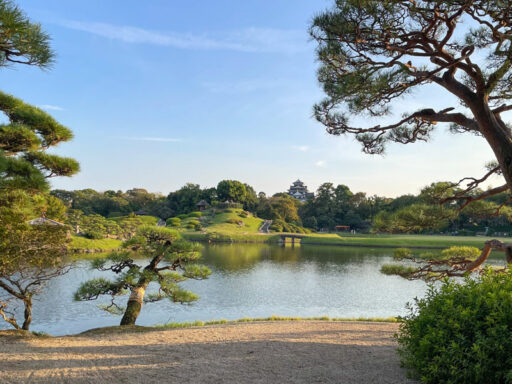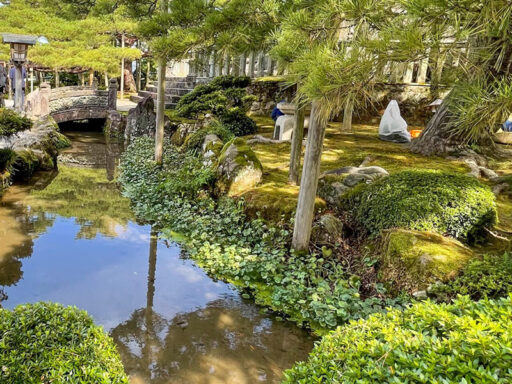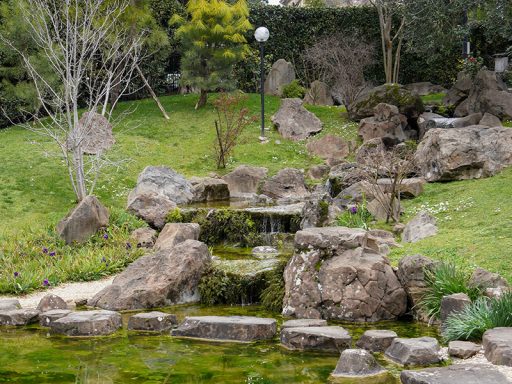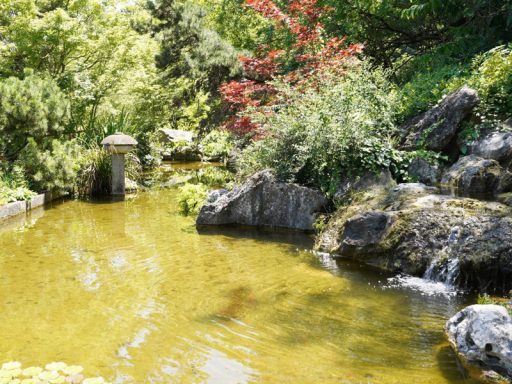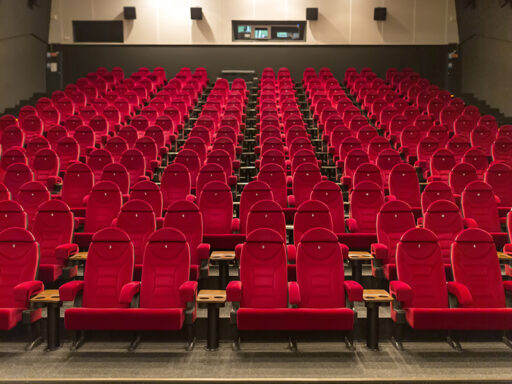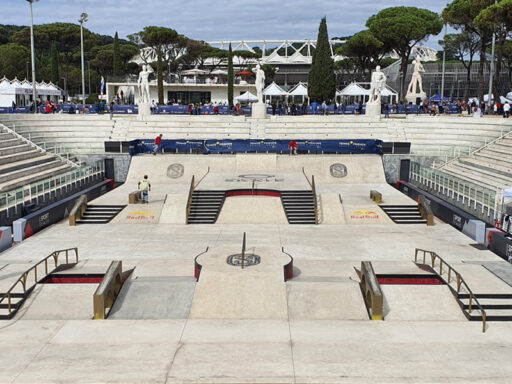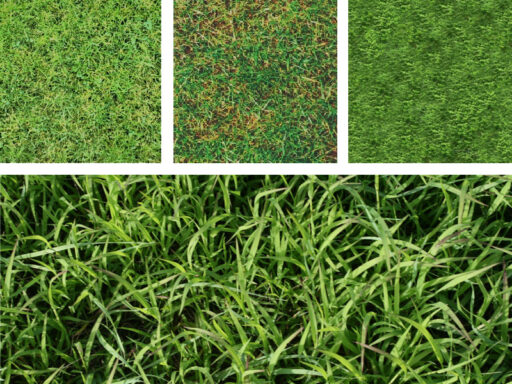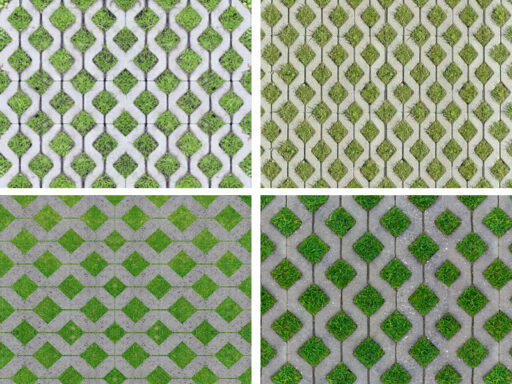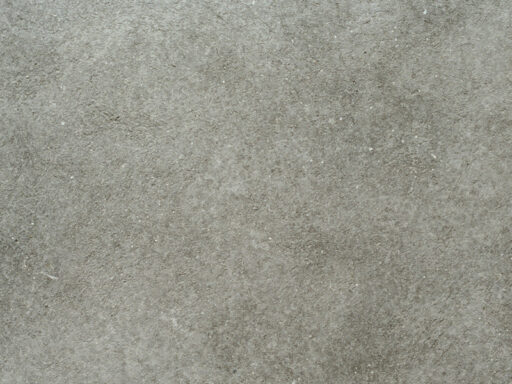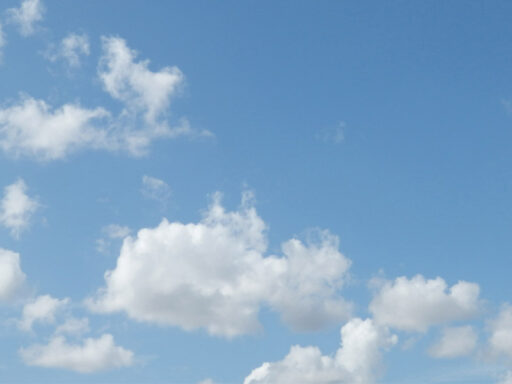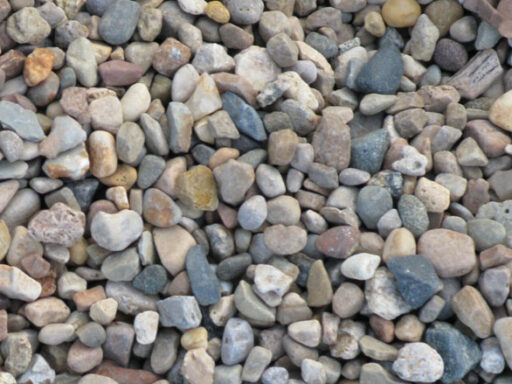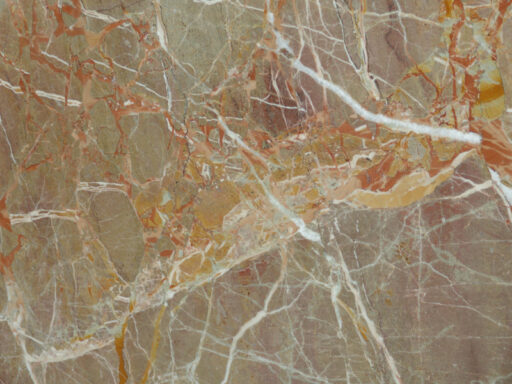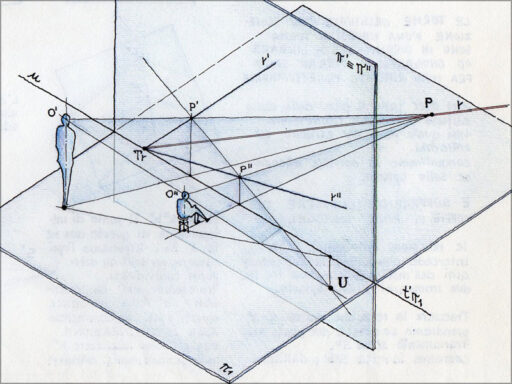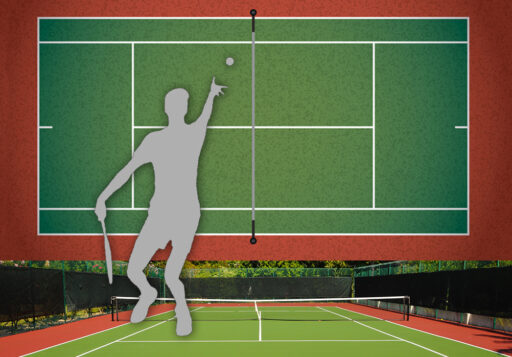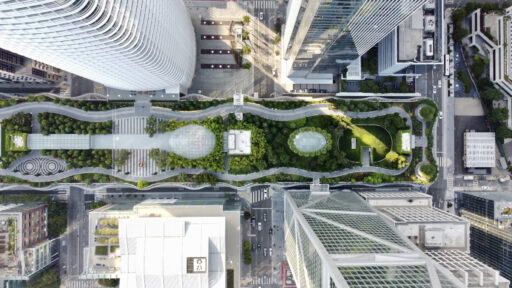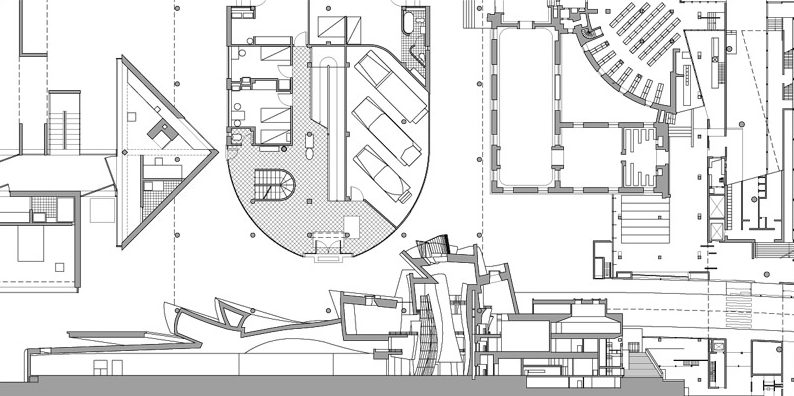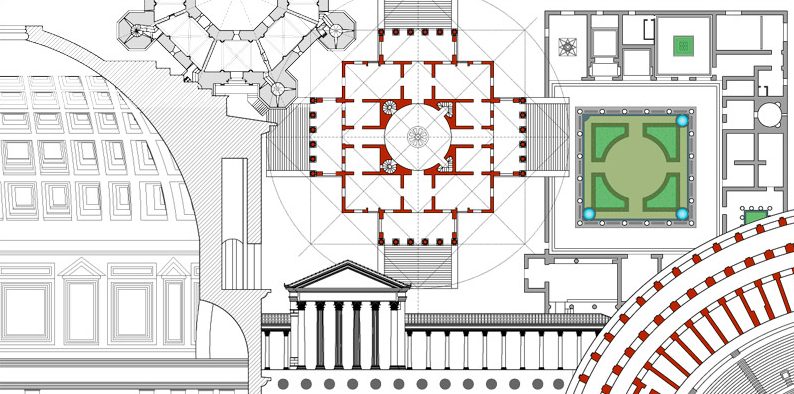Swiss Biennial of the Territory
Swiss Biennial of the Territory 01-03 October, Lugano, Mendrisio
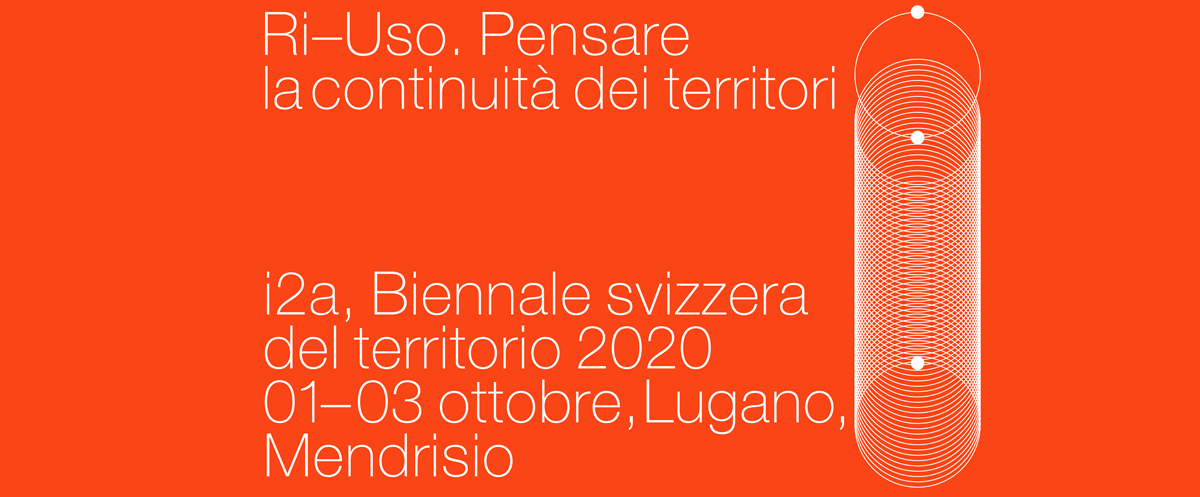
RI – USE – Think about the continuity of territories
Swiss biennial of the territory
From Thursday 1 October 2020 until Saturday 3 October 2020
Mendrisio / Lugano
Exhibition opening on Friday 2 October, 6.30 pm (open to the Limonaia di Villa Saroli, Lugano (free access)
After the success of the first two editions, the i2a Biennale evolves and becomes the Swiss Biennale of the territory to talk about reuse, a topic of urgent relevance with respect to climate change and the consequences it is generating. Conferences, exhibitions, film screenings and urban walks: the environment that distinguishes i2a concentrated in three days of exchange and enrichment on what the territory will be, together with some of the Swiss and international protagonists of the contemporary debate.
Program and information www.biennale.i2a.ch, registration at info@i2a.ch.
Program previews (PDF)
– Panel discussion at the Mendrisio Academy of Architecture Thursday 1 October on teaching,
reuse and architecture together with three professors from USI, EPFL and ETH;
– Madelon Viesendrop guest of honor on Friday 2 October, preceded by speeches by Kerstin Müller of the baubüro in situ and ofWalter R. Stahel, one of the fathers of the circular economy;
– Inauguration of the exhibition curated by EPFL’s EAST Atelier Rather Than Sustainable design principles on the work of Studio EAST in the Limonaia of Villa Saroli;
– Screening of the film Hacer mucho con poco (Ecuador, 2017) introduced by Francesco Cara, curator of the Zoom series The changing climate / The changing society
– Interventions by the architect Momoyo Kaijima – Atelier Bow-wow and the landscape architect Georges Descombes Saturday 3 October.
The 2020 theme: Re-use – Thinking about the continuity of territories
To the ideology of consumption, of building from scratch and of waste, the Biennale opposes that of continuity, duration and renewal. It invites us to project the narration of memory towards the future, to think of the present as a state of transition, to transform, divert, revive rather than destroy, forget and rebuild.
After two editions dedicated to territorial changes, the 2020 Biennale invites citizens, thinkers, urban planners, architects, landscape architects to present and discuss projects for the reuse of parts of the city, of patrimonial complexes, of abandoned areas. The speakers will present the methods and processes put in place to build with a view to sustainable continuity.
The Swiss Biennial of the territory lasts for three days and includes different forms of encounter with numerous topical moments. Appointment on a regional and national scale with an international appeal, this high-level event opens the doors of Villa Saroli to local experts and architects, as well as to the general public. The event addresses the many and different stakeholders involved in the Baukultur process – including actors from the world of media and politics. With this open approach, the Biennale contributes to the discussion on the social, economic and spatial changes taking place within today’s society.
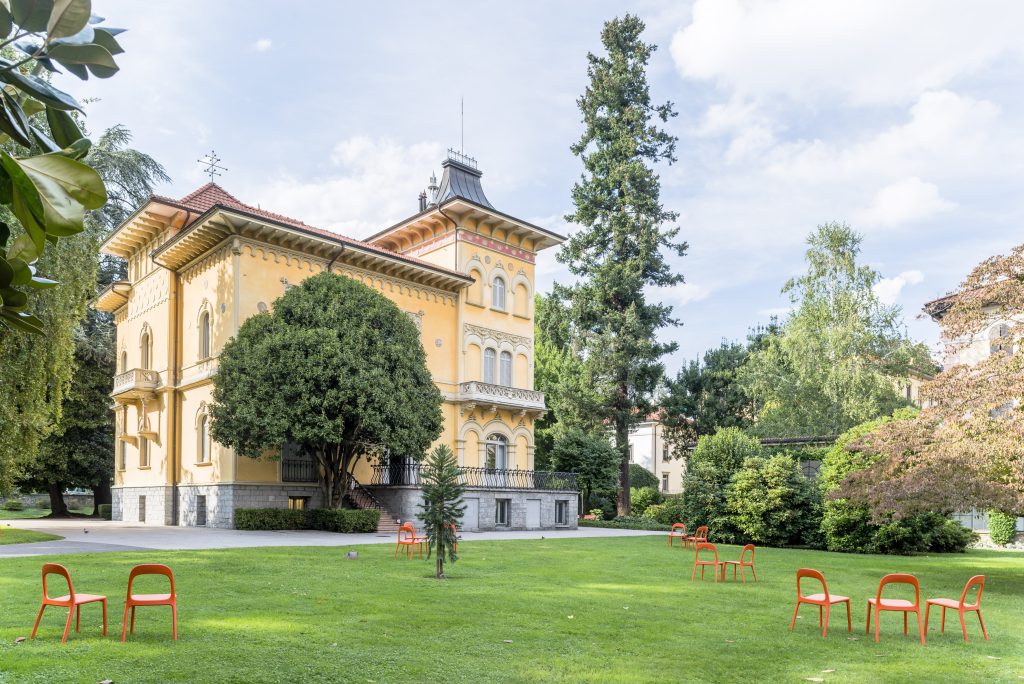
As in the 2016 and 2018 edition, a streamlined but well-curated program of side events will open up further perspectives: an exhibition, film screenings and urban walks will offer the possibility of a more informal exchange within a stimulating atmosphere. It is precisely these moments of conviviality in company with the other participants that distinguish the character of the Biennale.
The exhibition Rather Than / Principles of sustainable design on the work of the EAST Studio
Although the proverb says: “All roads lead to Rome”, the way to reach a goal is defined by a set of decisions and choices between different options. Rather Than (Instead of) offers an overview of the research and work processes of Studio EAST – a design studio at the EPFL School of Architecture – through the analysis of three pavilions built by the studio itself. Each pavilion is a ‘handson’ pedagogical experiment, in which considerations on sustainability, widespread opinion and craftsmanship overlap.
In the EAST Study, learning is a continuous process that takes place in a topological landscape made up of connections and relationships. Each project is anchored to local dynamics and establishes a specific research framework to experiment with tools and actions. When addressing reuse strategies, it is necessary to question the way architecture operates. From concrete materials to theoretical knowledge, from training to profession and historical references, reuse is a culturally integrated verb capable of changing today’s architectural thinking and having a significant impact on new methods of doing.
In collaboration and with the support of ARE, Academy of Architecture of Mendrisio USI, Banca Stato, Binding Stiftung, BSLA / FSAP, CAT, City of Lugano, Department of the Territory of the Canton of Ticino, EspaceSuisse, FAI Swiss, FAS, Fondation Sotto Voce, FSU, Oertli Stiftung, SIA, SIA Ticino, STAN, SUPSI, SVIT, Swisslos
Media partner Espazium
For more information: http://www.i2a.ch/it/
